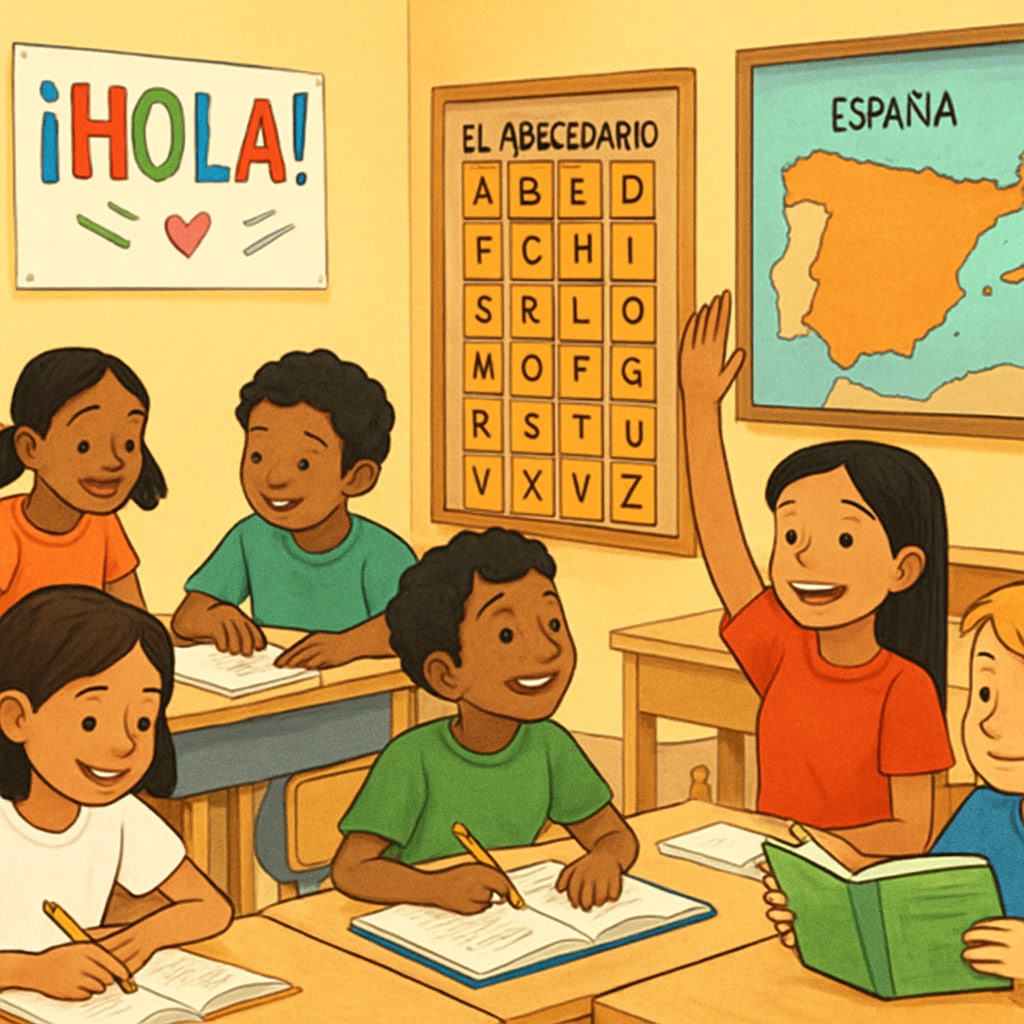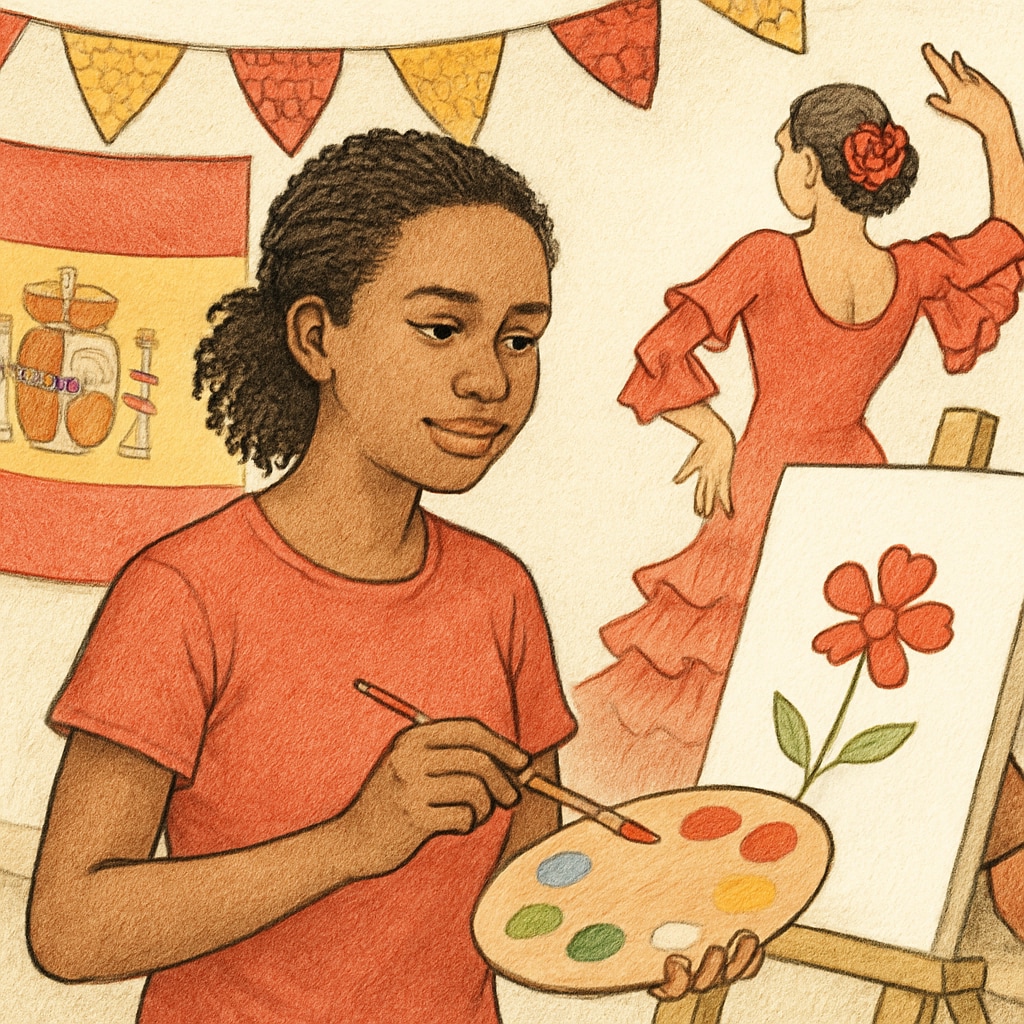Choosing to study abroad is a significant decision, and Spain is increasingly becoming a top choice for international students. With its robust K12 education system, diverse culture, and high-quality master’s degree programs, Spain offers a compelling option for families considering international education. However, alongside opportunities, cultural adaptation remains a crucial factor for success. This article delves into the Spanish K12 education model, its relevance for international students, and tips for navigating the cultural transition effectively.

Understanding Spain’s K12 Education System
Spain’s K12 education system is designed to emphasize inclusivity, creativity, and holistic development. The system is divided into several stages: Educación Infantil (Pre-school), Educación Primaria (Primary Education), Educación Secundaria Obligatoria (Compulsory Secondary Education), and Bachillerato (High School). Public education in Spain is free and compulsory for children between the ages of 6 and 16, making it accessible for families from various socioeconomic backgrounds.
One of the standout features of the Spanish K12 system is its focus on bilingual education. Many schools in Spain offer programs in both Spanish and English, which can be particularly beneficial for children of international families. Additionally, Spain’s education system emphasizes cultural awareness and extracurricular activities, helping students develop a global perspective.
For more detailed information, you can explore the Education in Spain on Wikipedia.
Why Spain Attracts International Families
Spain’s education system is just one aspect of its appeal to international families. The country offers high-quality master’s degree programs in fields such as business, arts, and technology, attracting students worldwide. Moreover, Spain’s rich cultural heritage, mild climate, and affordable living costs make it an ideal destination for families considering relocation.
Another advantage is the opportunity for cultural immersion. For children, attending school in Spain means learning not only academic subjects but also cultural nuances, traditions, and languages. This experience can significantly enhance their adaptability and global mindset, traits highly valued in today’s interconnected world.

Tips for Cultural Adaptation
While studying in Spain and integrating into its education system offers numerous benefits, cultural adaptation can be challenging. Here are some practical tips for families:
- Language Preparation: Learning basic Spanish before arriving can ease the transition, especially for younger children. Many language apps and courses are available to help with this.
- Engage with the Community: Participating in local events, festivals, and parent-teacher associations can help families build connections and better understand Spanish culture.
- Seek Support Networks: Many cities in Spain have expat communities and international schools that can provide guidance and support for families navigating the education system.
- Encourage Open Communication: For children, having a space to share their feelings about the transition can help them adapt more smoothly.
For a deeper dive into cultural adaptation strategies, check out this resource on Cultural Adaptation on Britannica.
Long-Term Opportunities: From Master’s Degree to Settling in Spain
Pursuing a master’s degree in Spain not only enhances your academic qualifications but can also open doors for long-term settlement. Spain offers post-study work opportunities, allowing graduates to gain professional experience within the country. Additionally, international students who integrate into Spanish society often find themselves well-positioned to apply for residency, thanks to their education and work history.
However, it is essential to research visa requirements, work permits, and residency options thoroughly. Families considering permanent relocation should consult with immigration experts to understand the legal pathways and requirements for settling in Spain.
In conclusion, studying in Spain, whether at the K12 or master’s level, offers a unique blend of academic excellence and cultural richness. While challenges like cultural adaptation may arise, they can be effectively managed with the right strategies. For families seeking an international education experience, Spain provides both an enriching environment for children and promising opportunities for long-term settlement.
Readability guidance: Short paragraphs and lists have been used to summarize key points. Active voice and transition words ensure clarity and flow.


